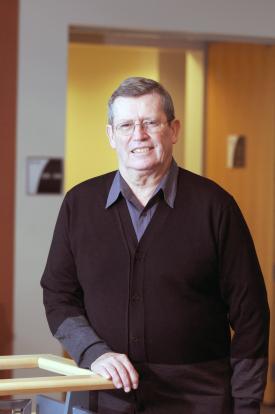Knowledge is embodied in people, ideas and things. Knowledge is power. It is a national economic and military asset. It is at the core of global competition for markets and influence. It needs to be produced and shared to grow, it needs to be regulated to be protected. Where does the balance lie?
Areas of Expertise
- Export Controls
- History of Technology and Science
- Nuclear Proliferation
- Technology Transfer
- U.S. Foreign Policy
Biography
Krige, president of the Society for History and Technology, has written extensively on scientific and technological cooperation since World War II. His work includes histories of CERN, the European Space Agency and an expansive book examining NASA’s history from an international context. His current research focuses on the tension between the benefits of global circulation of scientific knowledge and restrictions placed on that dissemination in the name of national security.
He can comment on stories involving the modern history of science and technology, the tension between regulation and circulation of sensitive knowledge, challenges to academic freedom, civilian nuclear programs and the European and U.S. space programs.

Contact and Information
Books
NASA in the World: Fifty Years of International Collaboration in Space
Sharing Knowledge, Shaping Europe: US Technological Collaboration and Nonproliferation
Science and Technology in the Global Cold War (edited volume)
Fifty Years of European Cooperation in Space
American Hegemony and the Postwar Reconstruction of Science in Europe


